(MPI) - The Ministry of Planning and Investment has coordinated with the Economic and Social Commission for Asia and the Pacific (ESCAP) and the United Nations in Vietnam to conduct the study “Promoting Sustainable Development in Vietnam: Policy Options” based on the ESCAP Macroeconomic Model for the entire region. The objective of the study is to assess the impact of selected policy scenarios on economic, social and environmental outcomes, including public debt sustainability.
According to the Report, Vietnam has achieved many successes in promoting economic development, improving living standards and helping millions of households escape poverty. Building on these achievements, Vietnam is determined to implement the 2030 Agenda for Sustainable Development. Vietnam strives to become a high-income country by 2045 and achieve net zero emissions by 2050. According to the 2023 Voluntary National Review, Vietnam has achieved many positive results in implementing the Sustainable Development Goals (SDGs); however, Vietnam still needs to accelerate the implementation of all SDGs to ensure progress by 2030.
In the current context of increasing geopolitical competition and economic uncertainty, Vietnam faces greater development challenges, including enhancing economic resilience, reducing poverty and addressing climate risks. To realize its development goals and overcome the challenges, the Vietnamese Government has introduced various policy packages and plans to increase investment in key development areas.
To support the Government in making appropriate policy decisions, it is necessary to clearly assess the impact of investment programmes implementing the Sustainable Development Goals and other national priorities, such as investment in renewable energy, on economic activity and economic, social and environmental indicators such as poverty rates and CO2 emissions.
On this basis, ESCAP and the United Nations in Viet Nam, in collaboration with the Ministry of Planning and Investment, conducted a study based on the ESCAP macroeconomic model for the entire region. The objective of the study is to assess the impacts of selected policy scenarios on economic, social and environmental outcomes, including public debt sustainability, while continuing to integrate sustainable development aspects into the macroeconomic model in Viet Nam. ESCAP has developed a macroeconomic model to support the design of economic recovery policy packages for countries in the Asia-Pacific region in the post-COVID-19 period, contributing to promoting sustainable economic, social and environmental development.
The policy scenarios selected for simulation in this study include: moving towards a greener economy; reducing poverty, inequality and social protection; and moving towards innovation-led growth. The selection of model scenarios was carried out with the participation of national experts, prioritizing policy packages that best fit Vietnam’s efforts to achieve national development goals and realize the Sustainable Development Agenda.
Through policy scenarios, the Study has shown the importance of comprehensive fiscal policies in supporting the implementation of the Sustainable Development Goals (SDGs); Environmental benefits of investing in key transformational areas such as renewable energy and energy efficiency; Trade-offs in policy options and illustrates the different impacts according to the scale, composition and pace of investment; Importance of ensuring efficiency in public spending; In addition to fiscal revenue and expenditure policies, the need to balance between effective management of public debt and the implementation of long-term development goals.
The report presents policy scenarios and simulation results; policy impacts; and then proposes policy recommendations and a roadmap for the future. Accordingly, to meet fiscal needs, the Government needs to increase the use of untapped public financial resources, reduce borrowing costs and mobilize private capital. The Vietnamese Government can implement a number of strategies to increase tax revenue effectively. According to new ESCAP estimates, Vietnam could increase government tax revenue by 2.5% of GDP compared to the best-performing countries. First, strengthening tax enforcement and administration mechanisms can help reduce tax evasion and improve taxpayer compliance by leveraging technology to improve the efficiency of tax collection processes and improving monitoring systems to detect non-compliance.
Second, broadening the tax base and ensuring tax progressivity can increase tax revenues from a wider range of economic activities and tax payers. The introduction of a carbon tax, as modelled, is a good example of how to broaden the tax base and increase government revenues. In addition, reviewing and adjusting tax rates periodically to reflect economic growth and new circumstances can optimise revenue generation while maintaining competitiveness. Furthermore, investing in initiatives to boost economic productivity and formalise the informal economy can broaden the tax base.
Finally, creating a conducive business environment and promoting investment can stimulate economic activity, increase taxable income, and thereby increase tax revenue for investment in sustainable fiscal development. When applying a carbon tax, the Vietnamese Government needs to carefully plan, consider potential negative impacts, and implement effective mitigation measures. Applying a carbon tax in Vietnam requires careful planning and a process that considers various factors such as the legal framework, carbon pricing, taxation mechanisms, tax exemptions and reductions, implementation and enforcement, revenue allocation, etc. Conducting a comprehensive socio-economic and environmental assessment is the first step to predict and address adverse impacts on vulnerable groups or sectors. Ensuring transparency and stakeholder engagement throughout the policy development and implementation process can strengthen public trust and support for carbon taxes, facilitate successful tax implementation, and deliver long-term climate change impact.
The Government of Vietnam has a favorable opportunity to tap non-traditional financing mechanisms from government bonds, especially sustainability bonds, to complement traditional fiscal borrowing and bridge the financing gap to achieve the Sustainable Development Goals. By issuing sustainability bonds, the Government can attract a new group of investors who prioritize environmental, social and governance (ESG) issues to increase its funding. Bonds dedicated to sustainability-related projects are not only an important source of capital for sustainability initiatives but also demonstrate Vietnam’s commitment, through domestic and international stakeholders, to sustainable development goals. Furthermore, using sustainability bonds can enhance the Government’s credibility in the global financial market and reinforce its reputation as a responsible and forward-thinking actor in the international arena. Through strategic issuance and transparent revenue allocation, Vietnam can tap the potential of sustainable finance to accelerate progress towards the country’s Sustainable Development Goals, while diversifying its funding sources to sustain long-term economic prosperity.
The report also provides policy recommendations and implementation roadmaps on reducing the Government’s borrowing costs by focusing on developing capital markets and converting domestic savings into Government bonds through a number of strategic measures; Developing and implementing a green taxonomy that can create a favorable business environment for green investment through clear and standardized criteria that help identify environmentally sustainable economic activities; promoting green development and mobilizing private capital for green investments through a number of strategic initiatives to promote sustainable finance and contribute to the transition to a low-carbon economy in Vietnam.
The Research Report “Promoting Sustainable Development in Vietnam: Policy Options” has been sent by the Ministry of Planning and Investment to ministries, branches and localities for reference in the process of building and implementing policies related to sustainable development./.
Source: https://www.mpi.gov.vn/portal/Pages/2024-11-21/Regional-Development-Policy-in-Vietnam-Lua-chon-cpnqz4x.aspx




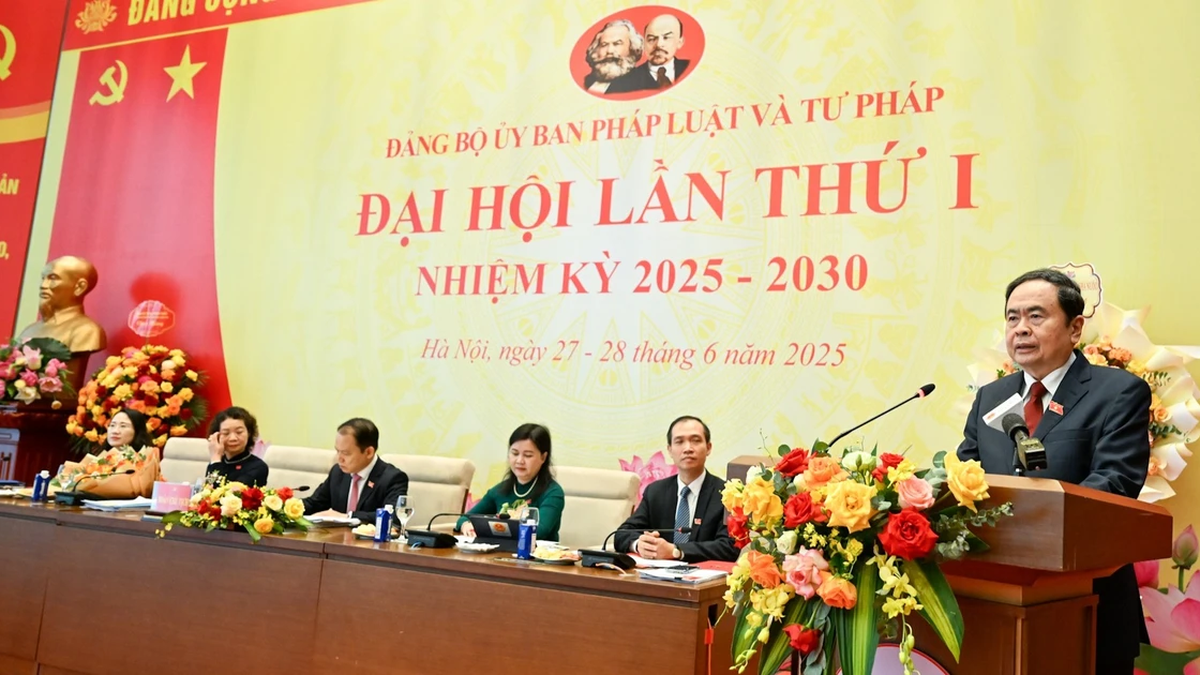

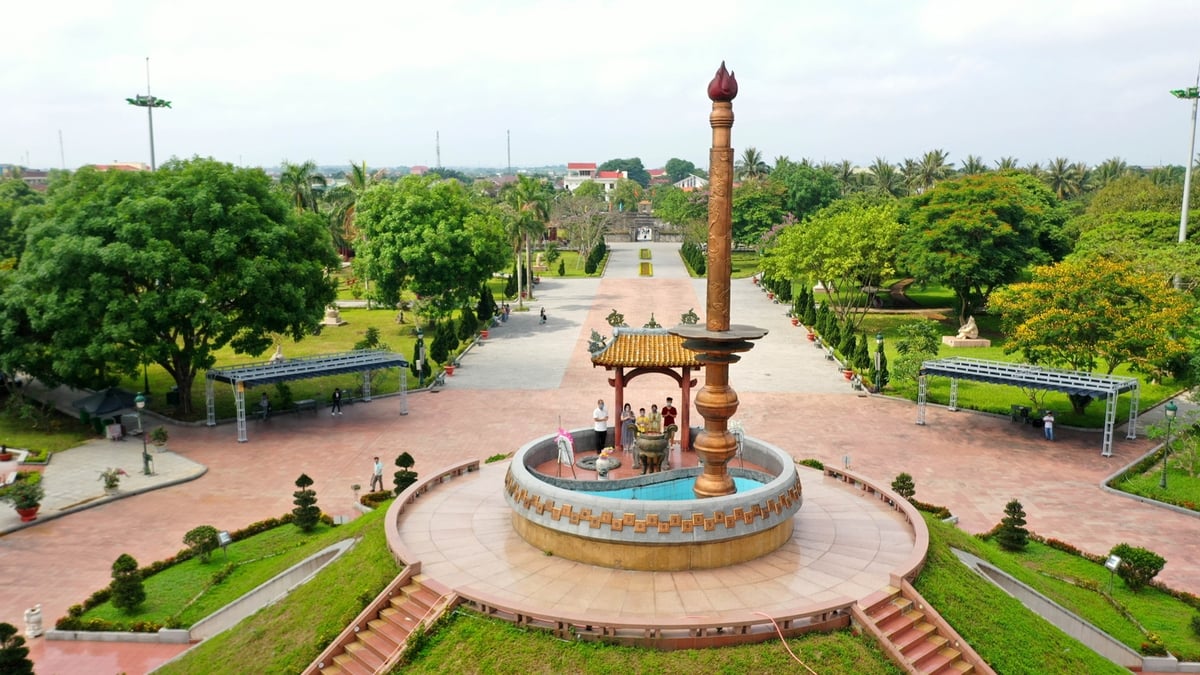







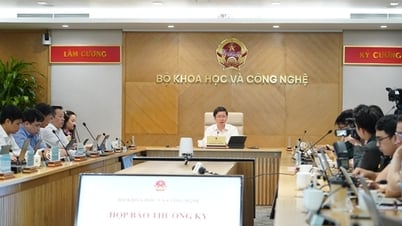






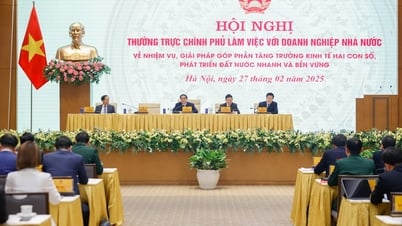





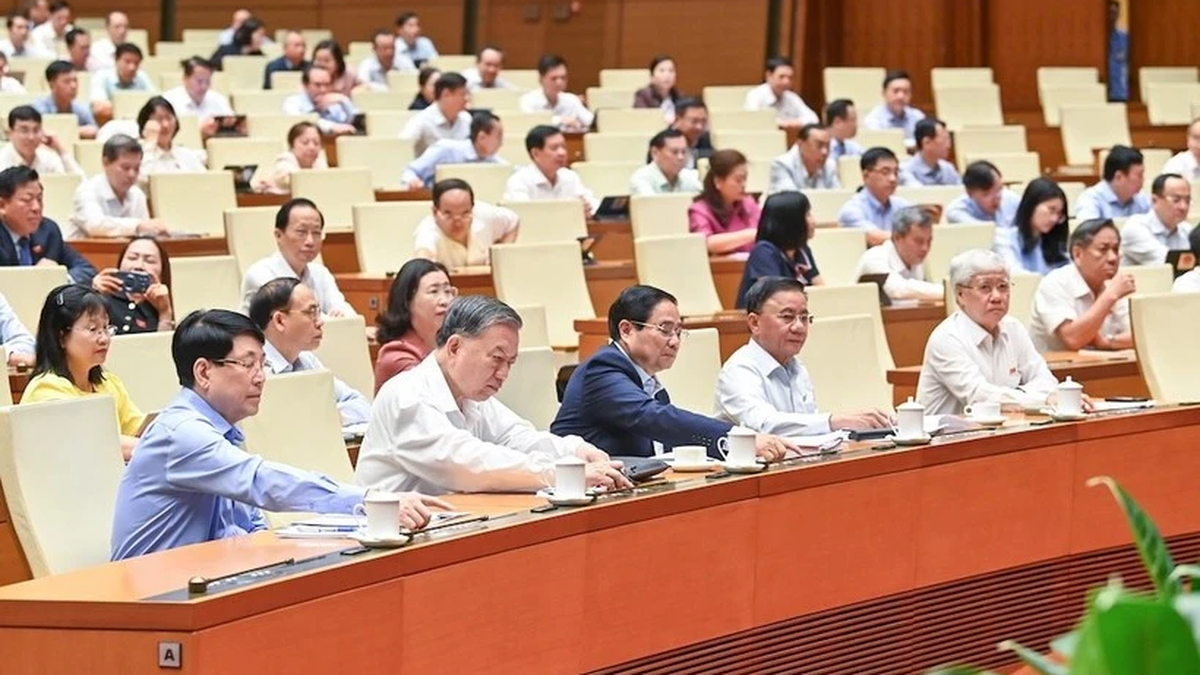








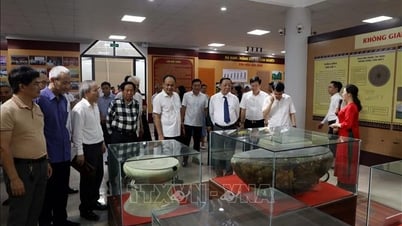

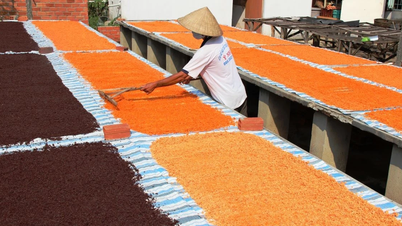









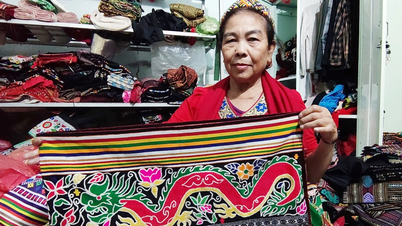



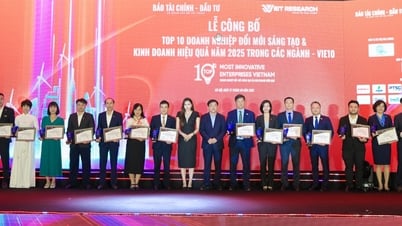

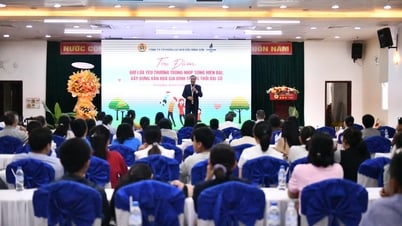






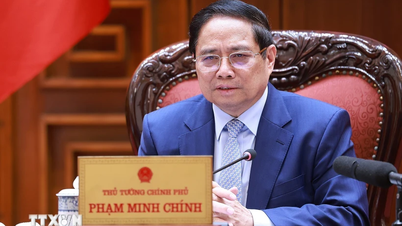


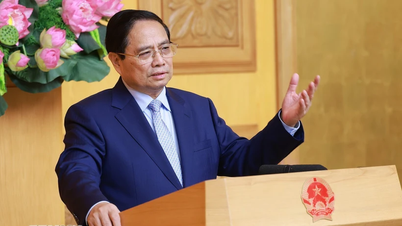
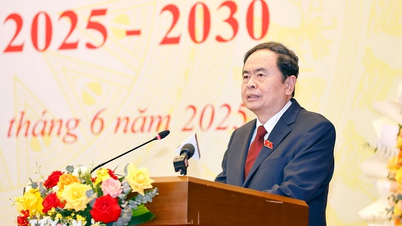

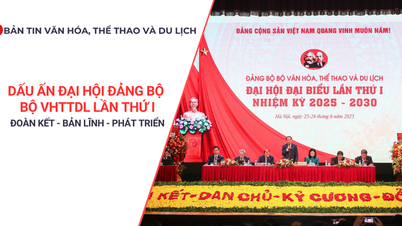
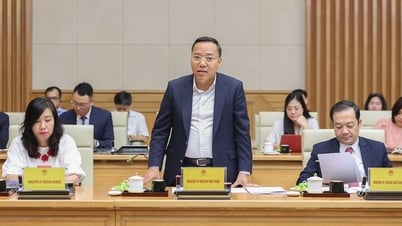




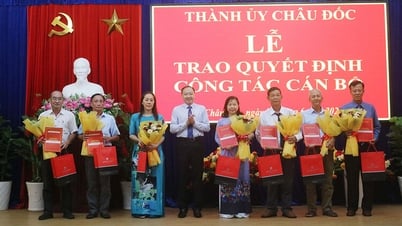

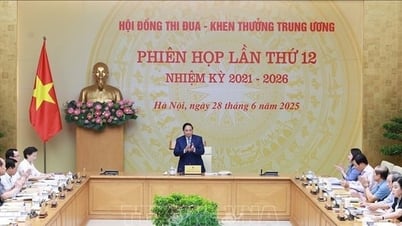



















Comment (0)